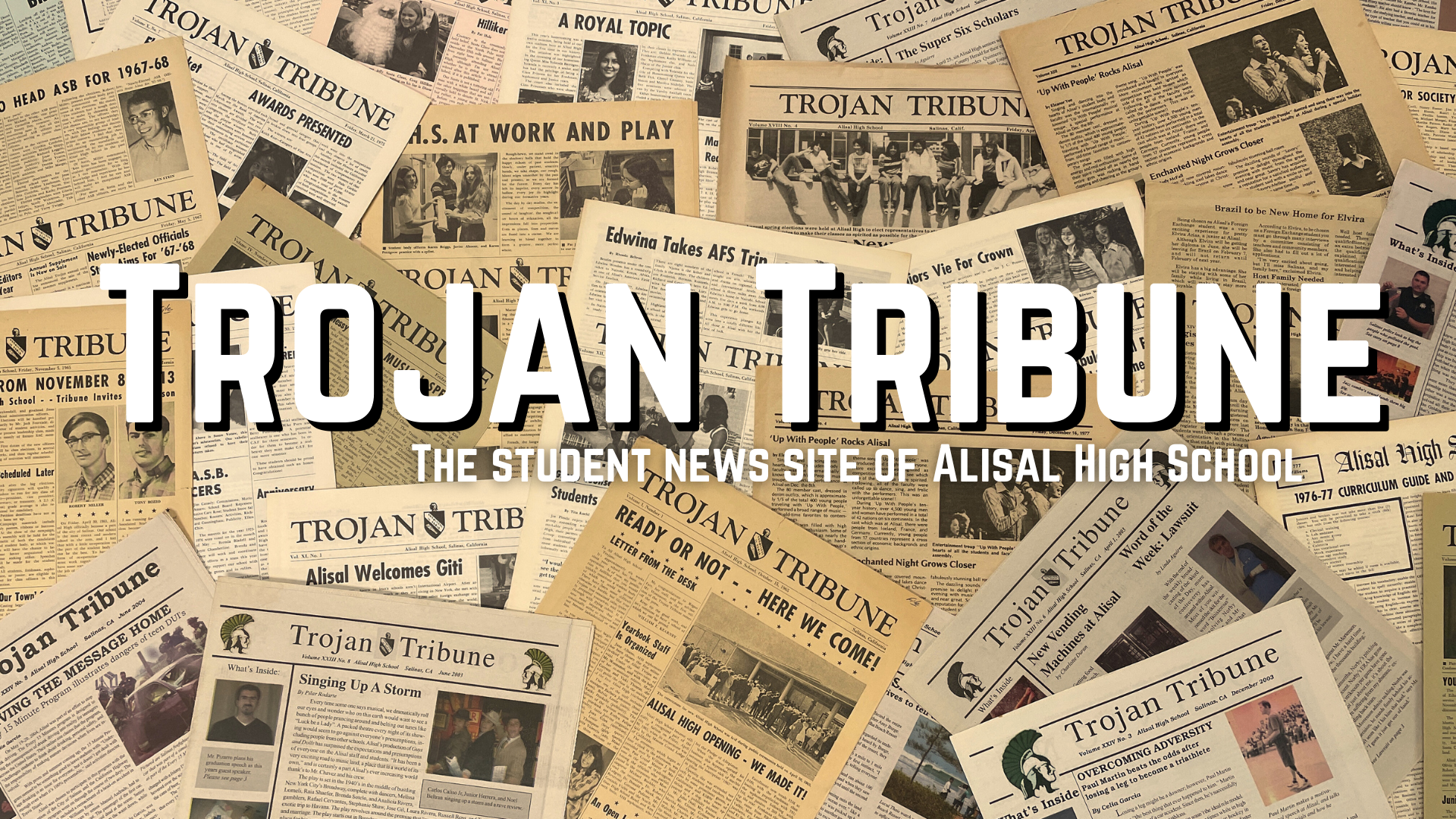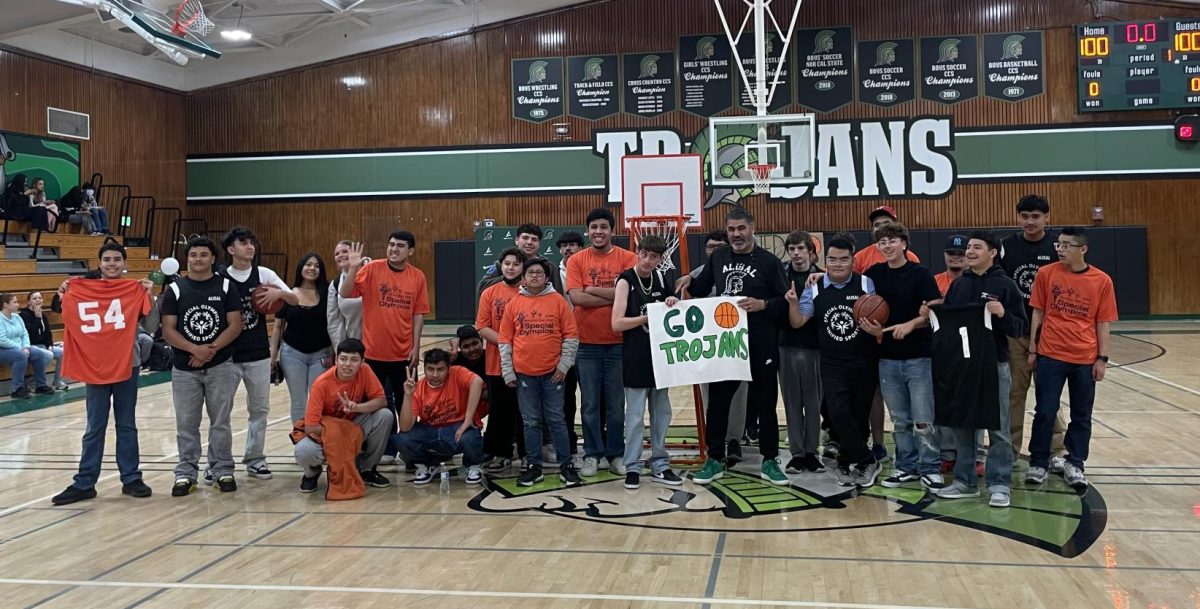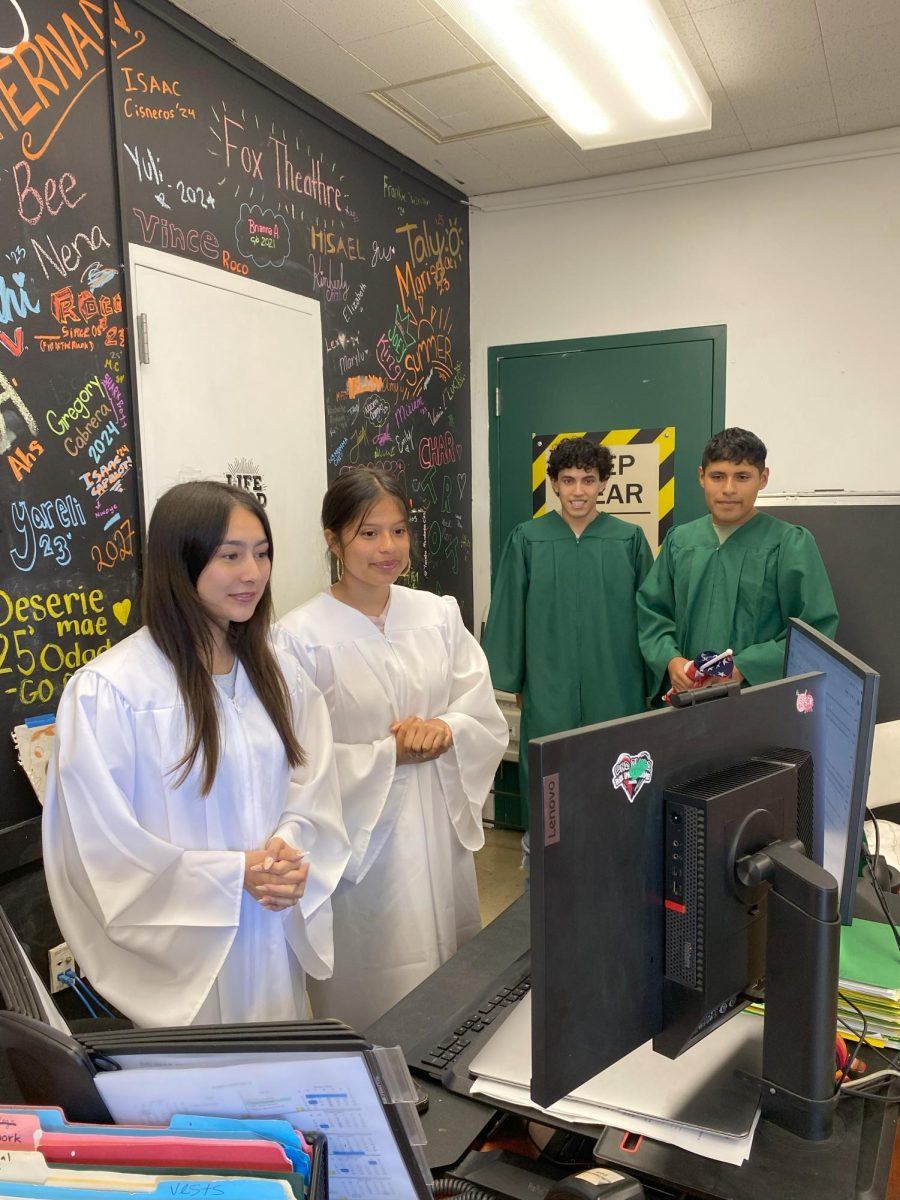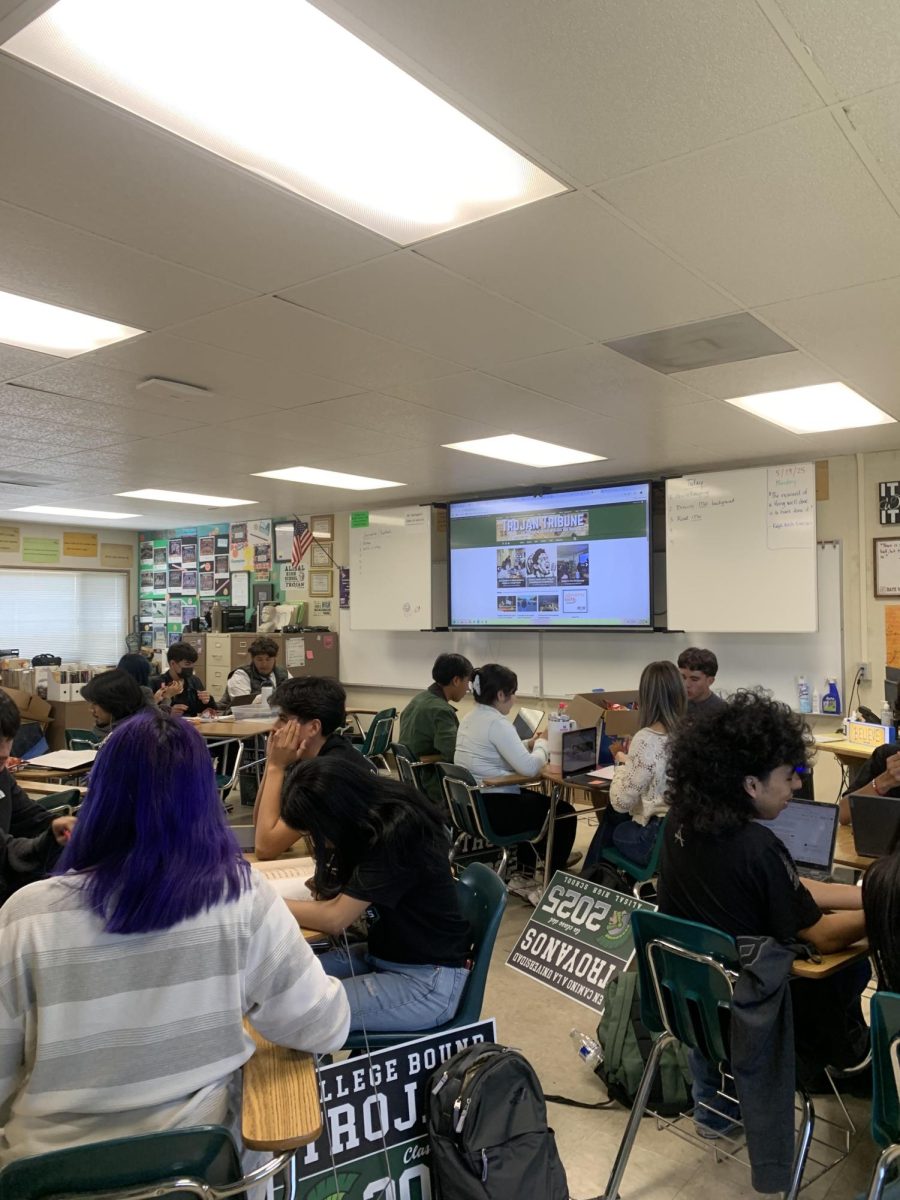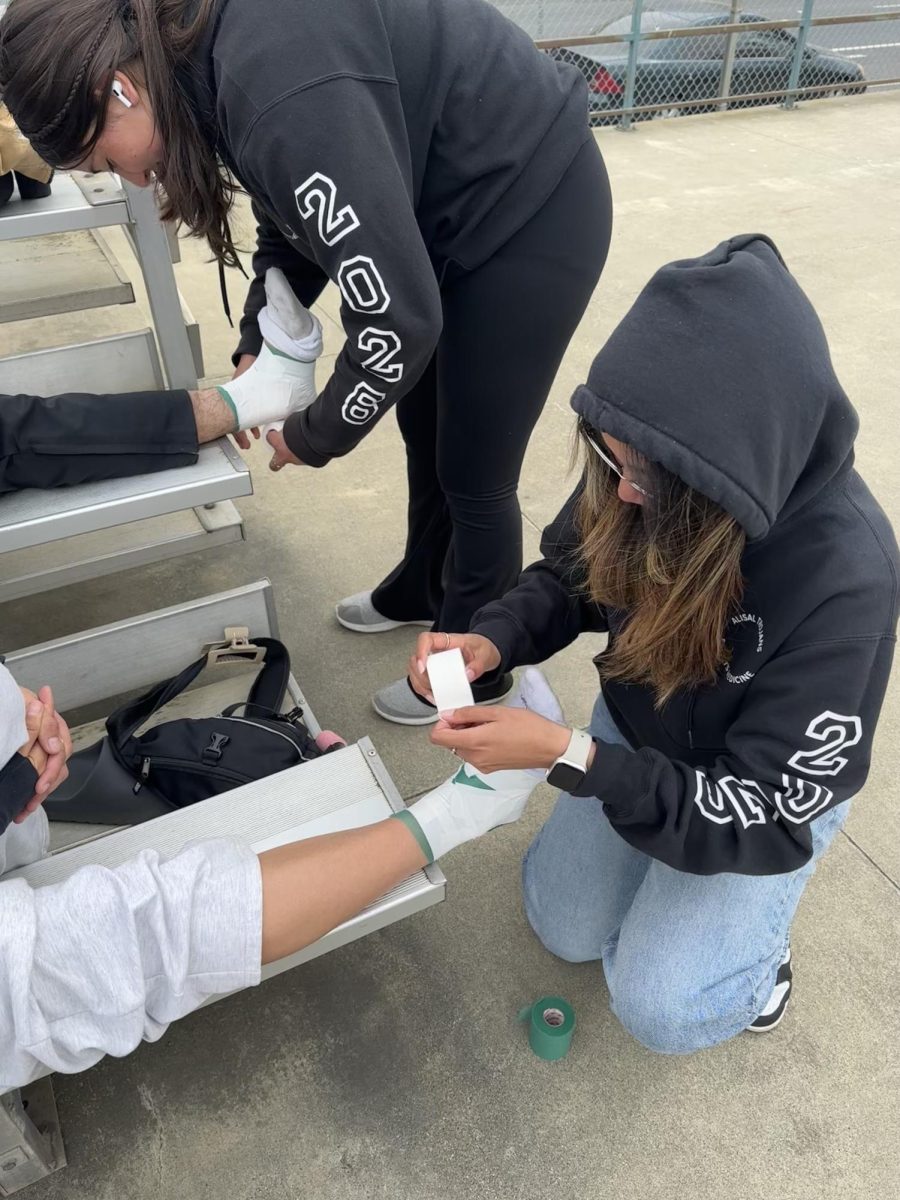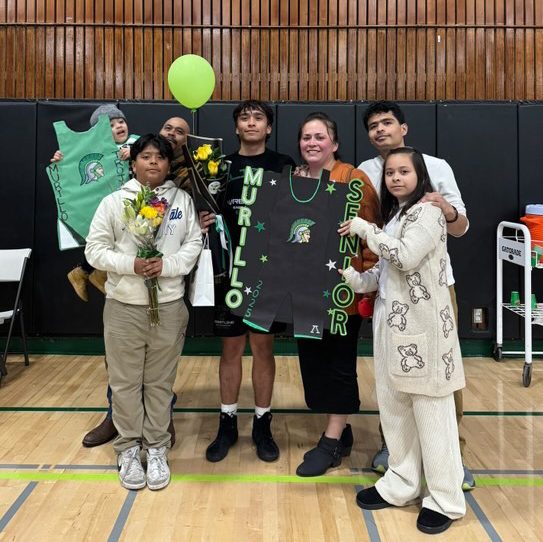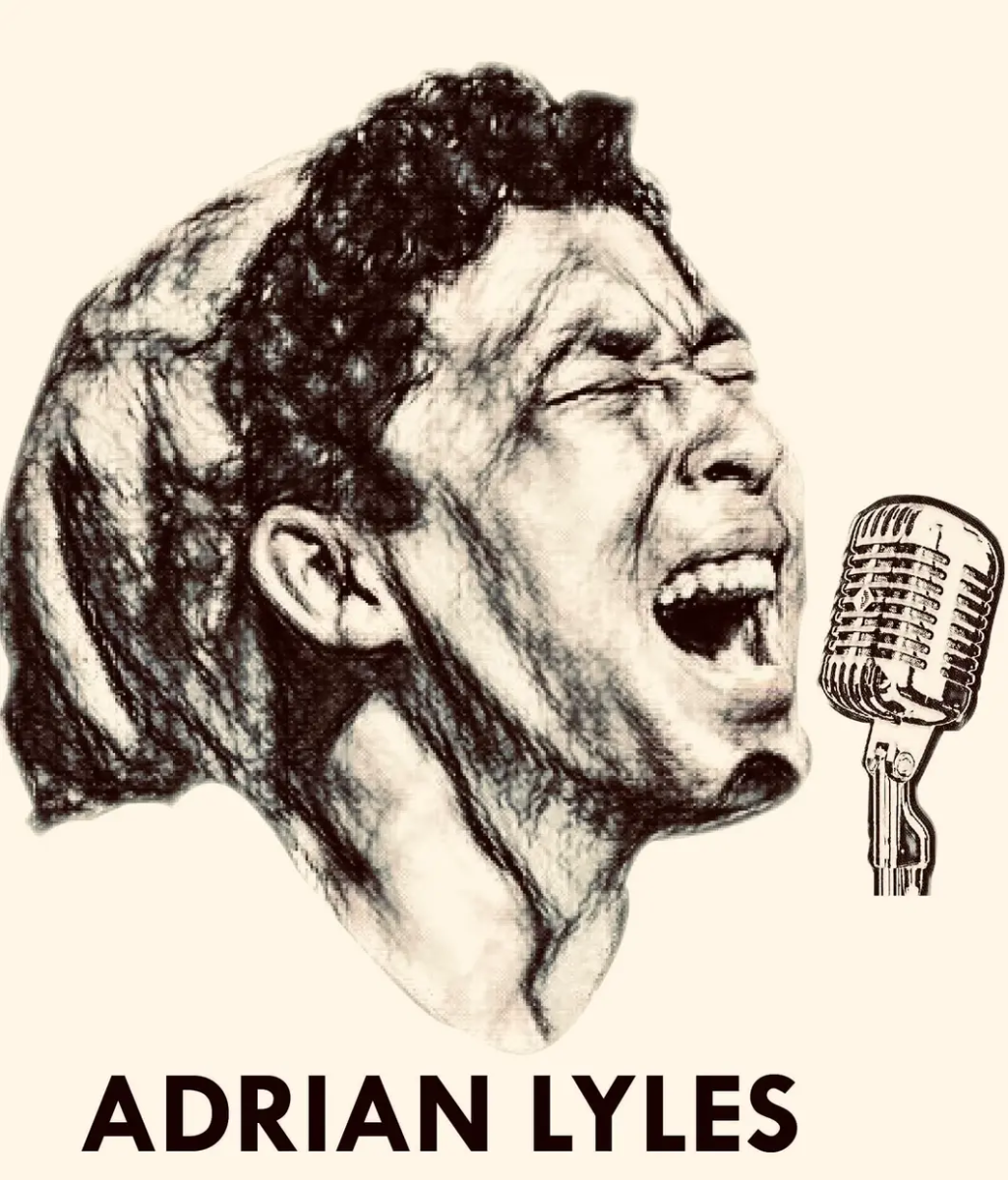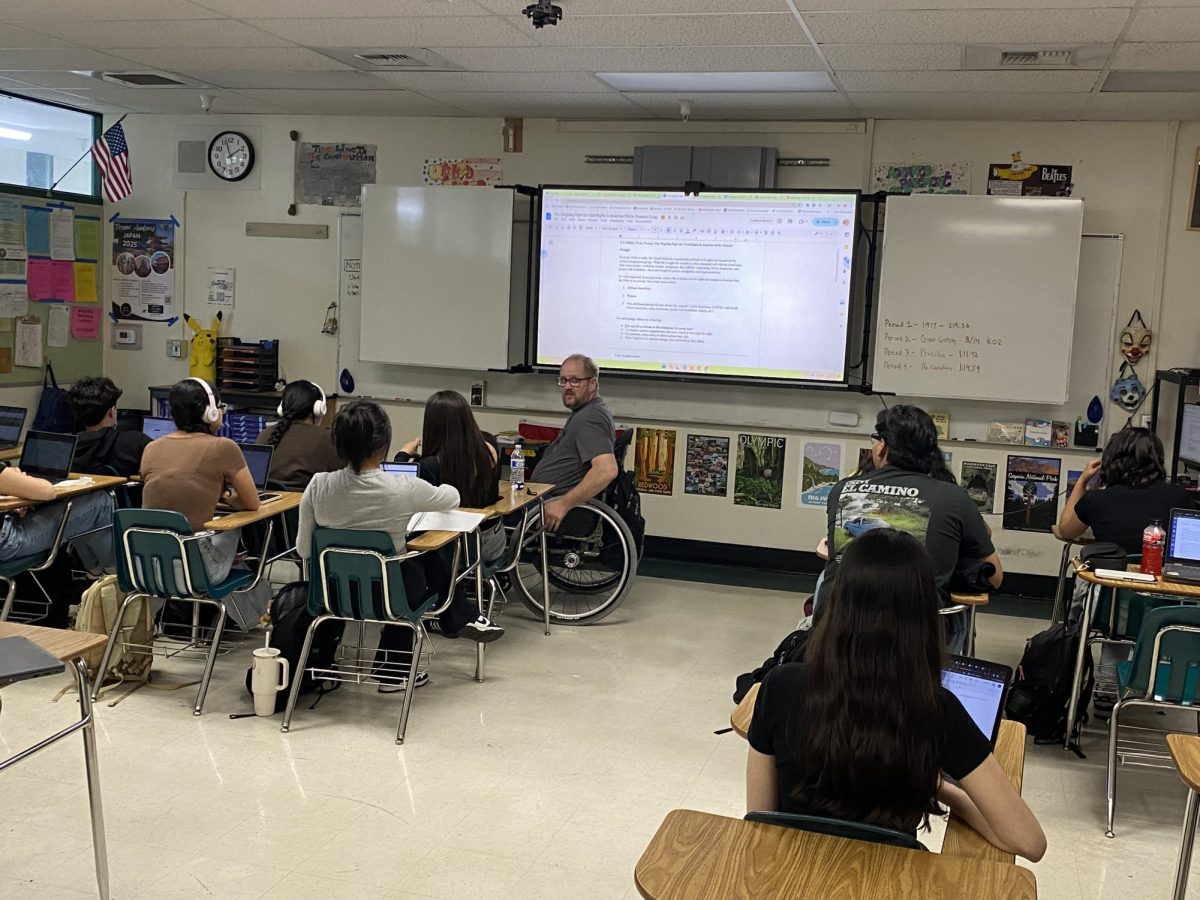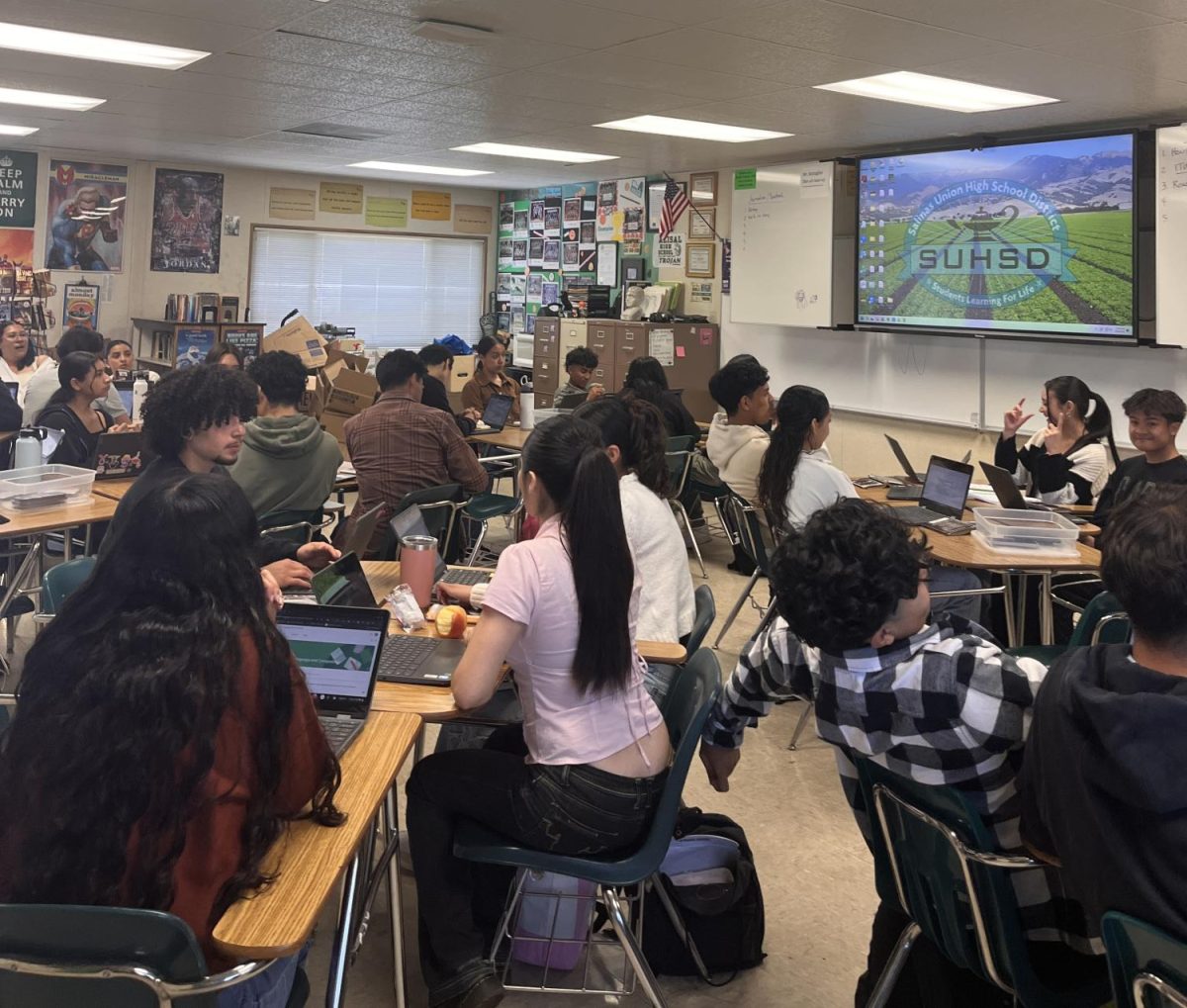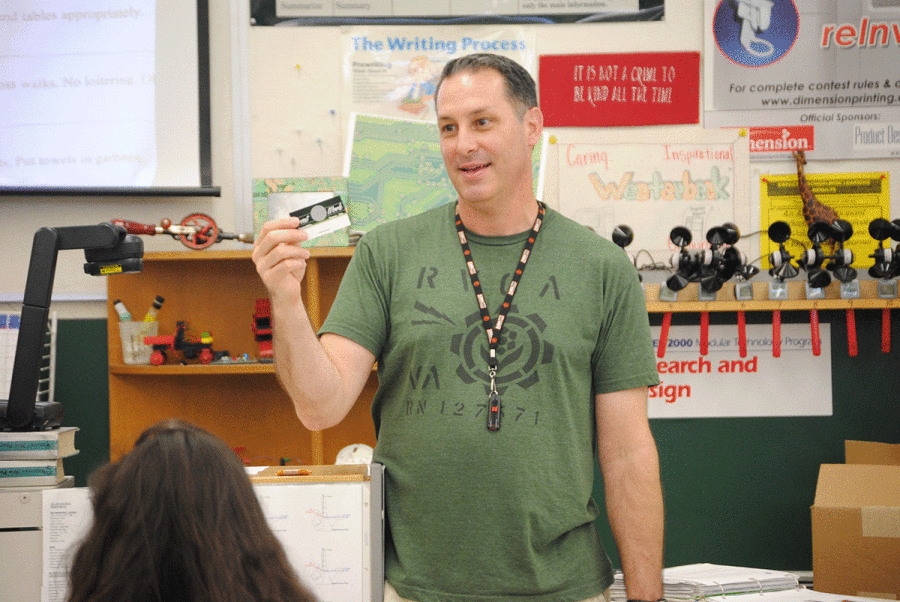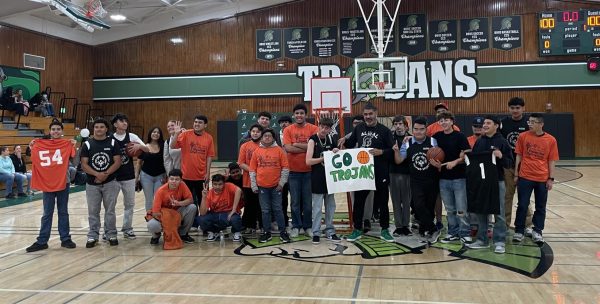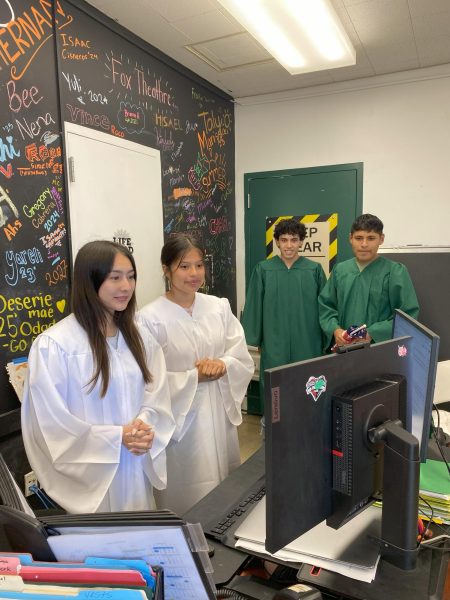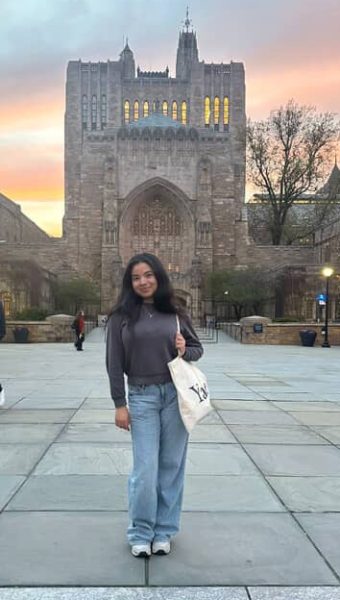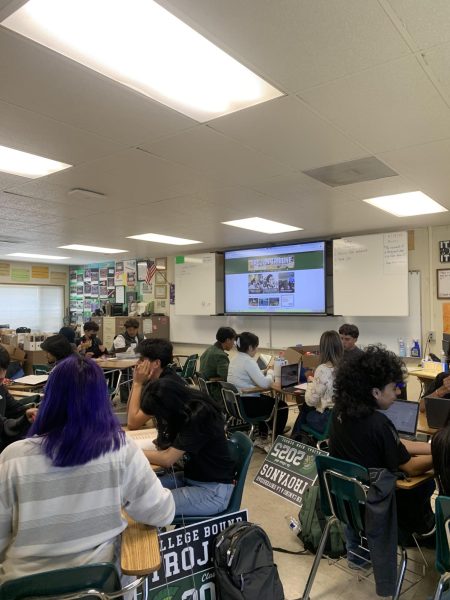Positive Behavior Intervention and Support (PBIS)
High schools have gone through major changes throughout the years ranging from how tests are taken to how much technology is now incorporated. Most recently many high schools around the United States are switching to the new behavior system known as the Positive Behavior Intervention and Supports (PBIS) that addresses the social/emotional behavior of students in schools.
Alisal High School, along with the rest of the high schools in the Salinas Union High School District, has changed to this system in hopes of students working together with the staff to improve the school atmosphere. Tiffany Ayala, the ASB coordinator, believes that “a school that is working along with the staff will affect the school in a positive way and create excitement to build a better campus.”
The school had initially been introduced to the system last year while the committee. received training for the following year. The committee is composed of 12 members that include Assistant Principals Rito Contreras and Gloria Chaidez. “The committee holds weekly meetings and we discuss how to approach the program and how to get students more involved, one idea is the use of chrome books,” said Chaidez.
The year began with the three-day kickoff during the first week of school that displayed the expectations the school wanted from students, which is described by having “Trojan Traits” through class lessons and videos. Along with the kickoff, the students were given survey questions on how certain situations should be handled and what incentives or rewards should be given for showing good behavior. Ayala also added that throughout the process she wants to “give students the opportunity to say what’s working and what needs improvement.”
What’s different about the new system, compared to how the school used to do it, is PBIS is an incentive based program, which rewards the student for showing positive traits around school. Incentives will play a big role in getting students to show positive behavior and attitude during the year and will be funded by the Local Control Formula Fund (LCFF). The incentives will run through the student store and all teachers and staff will be monitoring the students to award them for showing Trojan Traits. The incentives will run on a tier-based system with each item corresponding to three colors: green, black, and white. The green tier, which is the highest, will hold the biggest prizes being Grad night trips, yearbooks, ASB stickers, transportation fees and more. The black tier will hold various items from the student store like clothing and USB’s. The final tier, white, will hold the smaller prizes like food at games, game tickets, and free lunch line passes. Chaidez believes that having an incentive based format will not cause students to do things just for the incentive and they will do it because it’s the right thing to do which she saw by the surveys given during the kickoff. Ayala said, “One of the coolest things I saw from the surveys was students writing that the only incentive they needed for doing a good deed was a high-five or a good job.”
Initially, PBIS was being highly publicized and it looked like it would have a big role around the year in the first few weeks. The staff was praising the students for keeping the inner court clean after lunch. However, things have slowly reverted back and the students aren’t being as diligent about cleaning up. “I think the problem was not having the incentives ready to go and the lack of follow-up to the lessons of the first week,” said English teacher Mick Battaglini. Senior Abraham Lozano said, “My table has a running joke where we hold each other accountable by saying “PIBS” whenever someone leaves trash on the table, while it is used as a joke everyone should be able to hold each other accountable and not be reminded.” The incentive tickets arrived the second week of September, along with a lesson, with the hopes that students will be motivated to display the Trojan Traits that they were displaying in the first few weeks.
Chaidez said the system is a work in progress and will have a bigger role once the committee who meet on a weekly basis agrees on the additions that should be made. Some of the possibilities are having students take surveys on the chrome books the school added last year to get new ideas on how to better the campus and the incentives should be received. Also the committee wants to “have skits that could be played during class that show examples of Trojan Traits that will be produced by the drama and the media production classes,” said Chaidez.
Chaidez added that the committee is a committed group of people who are all working together to insure that the system is being implemented to the students’ daily routine. One of the biggest examples, according to Chaidez, of showing Trojan Traits was when a student brought in a cell phone he found to return to the owner. She believes that students should “always do the right thing without expecting anything in return” and that’s what the program is all about.
Your donation will support the student journalists of Alisal High School. Your contribution will allow us to purchase equipment and cover our annual website hosting costs.
